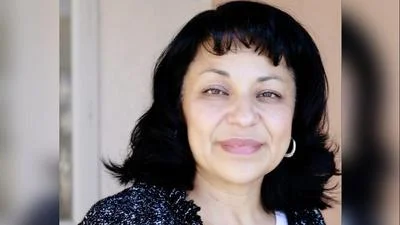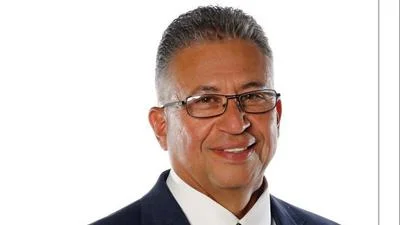A pilot program to reduce the time it takes for a criminal case to go to trial is being tested in the 8th judicial district.
The New Mexico Supreme Court approved the program, which began in Taos, Colfax and Union Counties on Sept. 12. The program is similar to one in operation in Bernalillo County. Currently, it can take 18 to 24 months after arraignment before a case goes to trial. The pilot program aims to cut that average down to 9 to 15 months.
“We’re excited in one way because we do want to have some timely dispositions and accountability for our victims and the victims’ families and the community as a whole,” 8th judicial district attorney Marcus Montoya told KRQE.
Under the new program, the defense and the prosecution must be ready for trial based on the track on which the cases are assigned. According to a KRQE report, the tracks are tier-based at track one, two or three with one being a simple case, two being intermediate complexity and three being the most complex.
The program requires an arraignment to be filed within 15 days of the arrest, then a status hearing must be held within 30 days of the arraignment. That's where the case will be designated track one, two or three. A trial for track one cases must be held within 210 days of arraignment unless a plea deal is reached. Track two cases must reach trial within 300 days, and track three cases within 455 days. Extensions must not exceed 30 days for track one cases, 60 days for track two and 90 days for track three.
“It’s much more organized in terms of even smaller deadlines that have to be met by the parties,” Aleks Kostich with the Law Office of the Public Defender in the 8th District told KRQE.
There are a few drawbacks. There’s added pressure on the defense and prosecution to meet the timelines regardless of issues they might not be able to control.
“You’ve got enough evidence to charge them ethically and with good faith and survive a grand jury indictment and or a preliminary examination. And so, what if that enforcement agency does not respond to calls or investigate?” Montoya said.
Staff shortages throughout the criminal justice system don’t help the situation. “Unfortunately, throughout, the criminal justice system, I think, with exceptions, is generally understaffed. We’re all trying to find the ability to hire, recruit and retain employees,” Montoya said.








